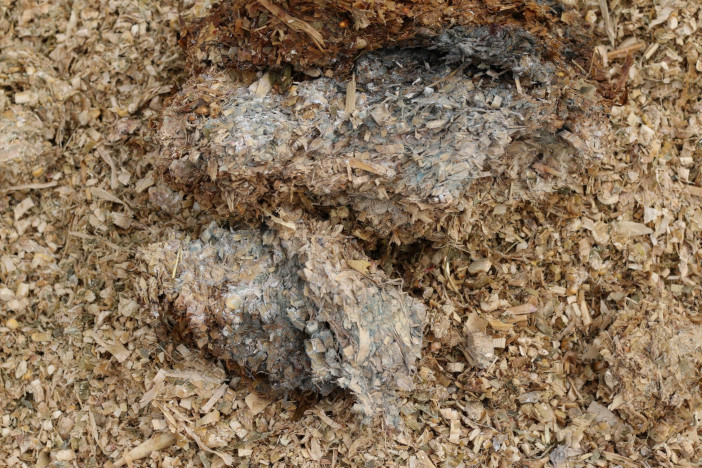UFAC-UK has warned that if dairy producers fail to address the impact of mycotoxin contamination in animal feed, it could lead to production drops, compromised performance and have a negative impact on fertility.
Estimates suggest that 25% of the world’s food crops are contaminated, with an anticipated higher risk in UK rations this year. Yet, this remains a problem that is underestimated by producers.
Tests have demonstrated the effectiveness of a new binding solution, helping to reduce the level of mycotoxin challenges and avoiding sustained health and performance impacts.
Mycotrap is reportedly demonstrating effective performance, minimising the levels of mycotoxins within the rumen and reducing the overall effect.
“Mycotoxins are toxic chemicals produced by fungi that readily colonise crops in the field and in storage,” said UFAC-UK national sales manager Nigel Bateson. “Even at very low levels, they are extremely harmful to ruminants, particularly freshly calved dairy cows.”
Moulds, which are found on grass silage and other wet feedstuffs, can often produce mycotoxins. They can also be found in homegrown and imported feed ingredients, as well as straw and bedding materials.

“Mycotoxins within the rumen can have a major effect on the rumen microbes, ultimately reducing feed digestibility, which subsequently will reduce available nutrients for milk production, body conditioning and reproduction,” explained Mr Bateson.
The effects of mycotoxin can appear quickly and need to be treated equally fast. A broad-spectrum binder will reportedly optimise the ability to achieve this.
“Mycotrap works by incorporating specific activated clay minerals with added glucose pre-cursor, glycerine, to provide enhanced toxin control and improved liver function. Glycerine also has anti-mould properties which help to minimise heating in the TMR,” said Mr Bateson.
It is a non-digestible, free-flowing and palatable product and can be easily incorporated into feeds, helping to maintain a healthy rumen microbial population. This minimises the risk of mould growth in feed and maintains performance by supporting the recovery of immune status.


